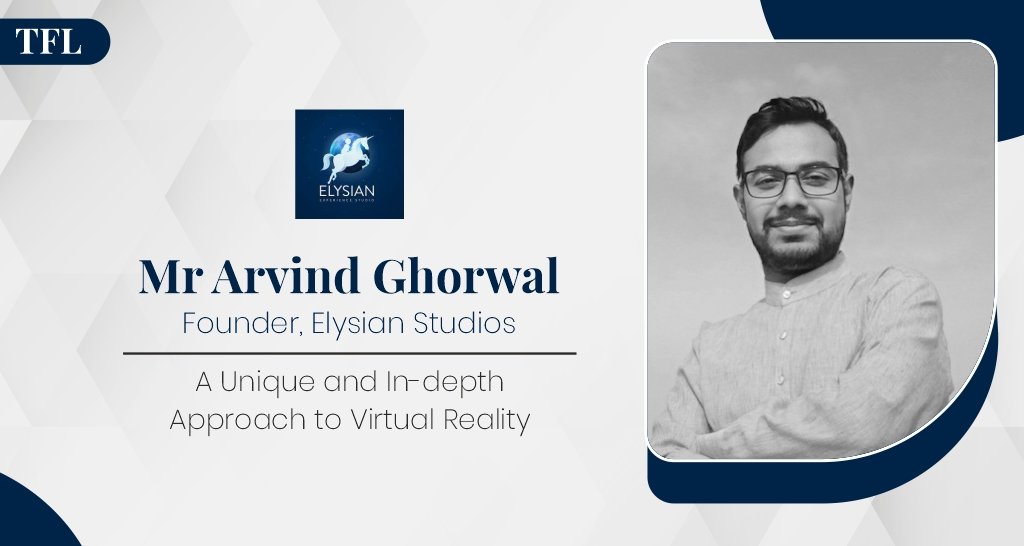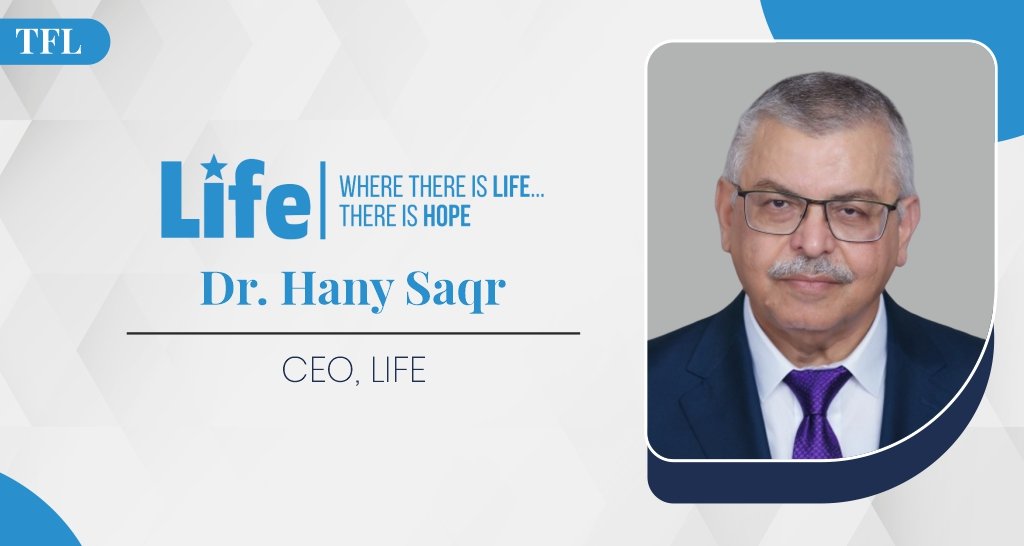The Virtual Reality (VR) Market size is estimated at USD 67.66 billion in 2024 and is expected to reach USD 204.35 billion by 2029, growing at a CAGR of 24.74 percent during the forecast period (2024-2029). Virtual reality technology, a computer-simulated reality creating an artificial environment, is increasingly used in sectors like cinema, education, gaming, and AI applications. In India, it all started with Raja Harishchandra (1913), India’s first feature film, which tells the story of a righteous king and showed a brilliant understanding of Indian audiences by the film’s director, Dadasaheb Phalke (the Father of Indian Cinema).
Phalke, and the other filmmakers of his generation, knew they could instantly win vast audiences by rooting cinema in Hindu mythology with stories of religious and divine characters. By the late 1930s, films were being produced in every major city and every major language. The ancient epics of Ramayana and Mahabharata influenced the narratives of Indian cinema. This influence includes the techniques of a side story, a back story, and a story within a story.
Founded in November 2015 by Arvind Ghorwal, Elysian Studios has embarked on a unique and in-depth approach to virtual reality storytelling, crafting blissful VR experiences that transport audiences to spiritual places, fostering growth, evolution, and transformation. “Virtual Reality is a technological masterpiece that does not just show stories but immerses us in them. The screen moves from being in front of our eyes to surrounding us, offering a 360° view of a world that mirrors reality. It is not just watching it is living the story, becoming the star, and influencing the narrative through your own decisions, just like in the real world,” says Mr Arvind Ghorwal, Founder, Elysian Studios.
The bigger picture
“Our viewers are transported to some of the most ancient, blissful, and energetic lands on Earth. From the mystical city of Kashi, dedicated to Lord Shiva, to the serene Bodh Gaya, where Buddha found enlightenment, and the yoga capital, Rishikesh.” Elysian Studios weaves narratives that transcend time and space. Elysian Studios VR films have not only captured the hearts of viewers worldwide but have also garnered acclaim in prestigious international arenas.
“Our creations have been officially selected at renowned film festivals. Elysian Studios is captivating audiences with its immersive VR experiences.” It remains at the forefront of the ever-evolving VR landscape. With their innovative storytelling and dedication to spiritual exploration, they inspire viewers to embark on a transformative journey. Elysian Studios is shaping dreams, creating bliss, and offering a glimpse into the incredible, transformative power of India’s ancient wisdom. As the world adapts to this new reality, Elysian Studios is reminding everyone that the journey of storytelling has only just begun, and the best is yet to come. As the world immerses itself in the wonders of virtual reality, Elysian Studios represents India’s rich cultural heritage and its limitless potential.
The wave of change
Today, Virtual Reality presents new possibilities for human connection and transcendence. Where technology meets spirituality through the transformative power of VR, Elysian Studios has emerged as a pioneer, a divinely inspired entity, and a growing force beyond entertainment. Elysian Studios is inviting all to embark on a spiritual odyssey through uniquely crafted experiences.
“When India became independent in 1947, it already had a blossoming film industry that had been going from strength to strength since its birth. Then comes the golden age of Indian cinema (late 1940s–1960s), the movies that made it to the list of best films ever created in the history of Indian cinema- Guru Dutt’s Pyaasa (1957) and Kaagaz Ke Phool (1959), Mehboob Khan’s Mother India (1957), Raj Kapoor’s Awaara (1951) and Shree 420 (1955), K. Asif’s Mughal-e-Azam (1960), Satyajit Ray’s Pather Panchali (1955) and many other such classics. The most iconic songs from the golden era- Pyar Hua Iqrar Hua (Shree 420), Jab Pyar Kiya toh Darna Kya (Mughal-E-Azam), Jaane Kahan Mera Jigar Gaya Ji (Mr. & Mrs. 55), Lag Jaa Gale (Woh Kaun Thi?), Awara Hoon (Awaara), Udein Jab Jab Zulfen Teri (Naya Daur) are still played in India. They fill the hearts with joy and bliss,” adds Mr Ghorwal.
The man behind the curtain
Mr Arvind is a visionary entrepreneur whose belief in the potential of VR technology was strengthened by the awe and wonder he witnessed in the faces of people experiencing VR for the first time. His passion for merging spirituality with cutting-edge technology laid the foundation for Elysian Studios’ exceptional journey. Arvind is an alumnus from IIT Mumbai who embarked on this path with a vision to shed off the Western influence that has clouded our understanding of ancient Indian wisdom.
The gift of 21st century
Although VR seems extremely futuristic, its origins are not as recent as we might think. Many people consider that one of the first Virtual Reality devices was called Sensorama, a machine with a built-in seat that played 3D movies, gave off Odours, and generated vibrations to make the experience as vivid as possible. The invention dates back as far as the mid-1950s. Subsequent technological and software developments over the following years brought with them a progressive evolution both in devices and in interface design.
This immersive multimedia offers a 3D virtual world, enhancing learning experiences and gaming environments. AI integration further enriches the virtual environment. The development of the metaverse, a collective shared space combining VR, augmented reality, mixed reality, and brain-computer interface, promises an interactive virtual reality experience. The VR market, segmented by hardware, end-user, and geography, is dominated by the gaming sector, with North America leading due to numerous startups focusing on computer-generated reality technologies.
VR and the future
“With the extended reality (XR) revolution already underway, it is easy to envision a future in which the lines between the real world and the virtual world become even more blurred than they are today. Virtual reality is not an entirely new concept, but recent advancements in technology have made it more accessible and immersive than ever before. VR allows viewers to step into the story, providing a sense of presence and interaction like never before. With VR headsets becoming more affordable and user-friendly, filmmakers can now create fully immersive experiences that transport audiences into fictional worlds or real-life events. This technology opens endless possibilities for storytelling, breaking the boundaries of traditional filmmaking and giving rise to a new form of cinematic experience,” concluded Mr Ghorwal.



